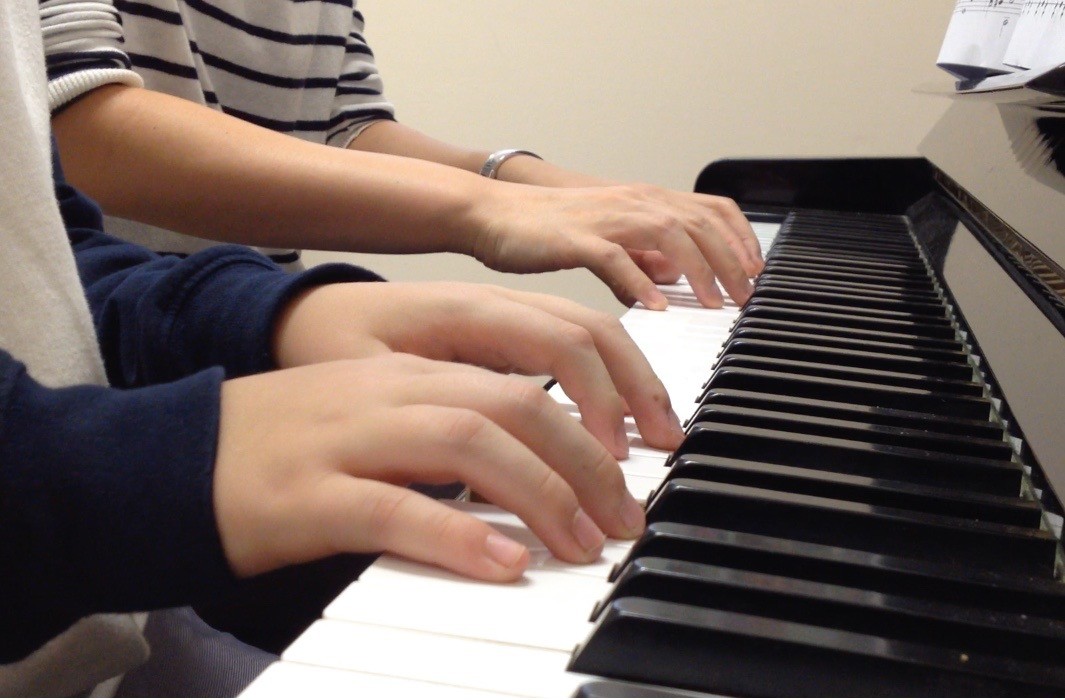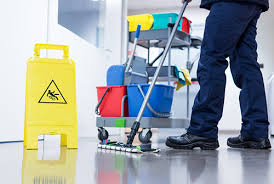Mastering the Keys: A Complete Guide to Keyboard Lessons

Playing the keyboard is an enriching and versatile musical pursuit that blends melody, harmony, and rhythm. Whether you aspire to play classical pieces, contemporary songs, or create your own compositions, structured guidance is crucial for developing skill and confidence. In Singapore, aspiring musicians can benefit from professional Keyboard Lessons that provide comprehensive instruction for beginners and advanced players alike.
Why Learn the Keyboard?
Keyboard lessons offer numerous benefits that extend beyond simply playing music:
- Improves Coordination: Playing requires both hands to operate independently, enhancing motor skills and hand-eye coordination.
- Boosts Cognitive Skills: Learning music theory, reading sheet music, and memorizing pieces strengthen memory and problem-solving abilities.
- Encourages Creativity: Students can compose, improvise, and explore different musical styles, fostering artistic expression.
- Stress Relief: Playing music has therapeutic benefits, helping to reduce anxiety and improve emotional well-being.
- Versatile Musical Opportunities: Skills gained from keyboard lessons can apply to piano, synthesizers, and other electronic instruments.
These advantages make keyboard lessons suitable for students of all ages, from young beginners to adult hobbyists.
Choosing the Right Keyboard Lessons in Singapore
Selecting the appropriate keyboard program can significantly impact your learning experience. Consider the following:
- Instructor Qualifications: Look for teachers with formal training, performance experience, and teaching expertise.
- Lesson Structure: Classes should balance technique, theory, and practical application.
- Style Focus: Whether you aim to play classical, pop, jazz, or contemporary music, the program should match your goals.
- Individualized Learning: Personalized lessons ensure that instruction aligns with skill level and learning pace.
- Class Format: Private lessons provide focused guidance, while group lessons encourage collaboration and ensemble skills.
A well-chosen program ensures steady progress, engagement, and enjoyment.
What to Expect in Keyboard Lessons
Professional keyboard lessons cover multiple aspects of musicianship:
- Fundamental Techniques: Students learn proper posture, hand positioning, finger exercises, and basic scales.
- Music Theory: Understanding notation, rhythm, chord progressions, and harmony develops comprehensive musical knowledge.
- Sight-Reading Skills: Learning to read music accurately allows for faster learning of new pieces.
- Repertoire Development: Students practice a range of songs to apply techniques and explore musical genres.
- Improvisation and Composition: Advanced lessons encourage creativity through improvisation and songwriting.
- Performance Preparation: Playing in front of others, whether in recitals or informal sessions, builds confidence and stage presence.
A structured curriculum ensures students gain well-rounded skills, from technical proficiency to musical expression.
Benefits of Professional Keyboard Lessons
Professional instruction offers several key advantages over self-taught learning:
- Guided Learning: Instructors provide real-time feedback, correct mistakes, and ensure proper technique.
- Structured Progression: Lessons follow a systematic approach, gradually building skills and confidence.
- Motivation and Accountability: Regular lessons encourage consistent practice and commitment.
- Access to Advanced Techniques: Students learn expressive techniques, complex rhythms, and dynamic control that are difficult to master alone.
- Collaborative Opportunities: Group classes or ensemble sessions allow learners to experience playing with others and develop teamwork skills.
These benefits accelerate progress and help learners develop a deep understanding of the instrument.
Tips for Maximizing Keyboard Lessons
To make the most of keyboard lessons, students should adopt effective practice habits:
- Daily Practice: Short, consistent sessions are more effective than infrequent, long practices.
- Set Goals: Establish both short-term and long-term objectives to track progress and maintain motivation.
- Use a Metronome: Practicing with a metronome improves timing, rhythm, and precision.
- Record Your Practice: Listening to recordings helps identify mistakes and monitor improvement.
- Warm-Up Exercises: Regular finger and hand exercises prepare the muscles and prevent strain.
Consistent practice and active engagement with lessons enhance skill development and musical growth.
Keyboard Lessons for Different Age Groups
Keyboard instruction can be adapted to suit a variety of learners:
- Children: Focus on fun, engagement, and foundational skills, including basic melodies and rhythm awareness.
- Teenagers: Lessons emphasize technical development, repertoire expansion, and performance preparation.
- Adults: Tailored lessons accommodate hobbies, professional development, or personal enrichment goals.
- Seniors: Learning the keyboard supports cognitive function, coordination, and emotional well-being.
Age-appropriate methods ensure that every student receives a meaningful and enjoyable learning experience.
Technology in Keyboard Learning
Modern keyboard lessons often integrate technology to enhance the learning experience:
- Electronic Keyboards: Allow practice with different sounds, headphones, and recording features.
- Learning Apps and Software: Tools for theory, rhythm, and ear training supplement classroom instruction.
- Online Tutorials: Provide flexible practice options outside of formal lessons.
- Recording and Playback: Helps students self-assess and refine performance.
Incorporating technology creates an interactive and engaging approach to learning the keyboard.
Final Thoughts
Learning to play the keyboard is an exciting journey that develops creativity, technical skill, and musical confidence. Professional Keyboard Lessons provide structured guidance, expert feedback, and personalized instruction that cater to beginners, intermediates, and advanced learners.
Whether for personal enjoyment, professional aspirations, or performance opportunities, enrolling in keyboard lessons equips students with the skills, knowledge, and confidence to succeed. With dedication, consistent practice, and expert instruction, anyone can master the keyboard and enjoy the rich world of music it offers.

